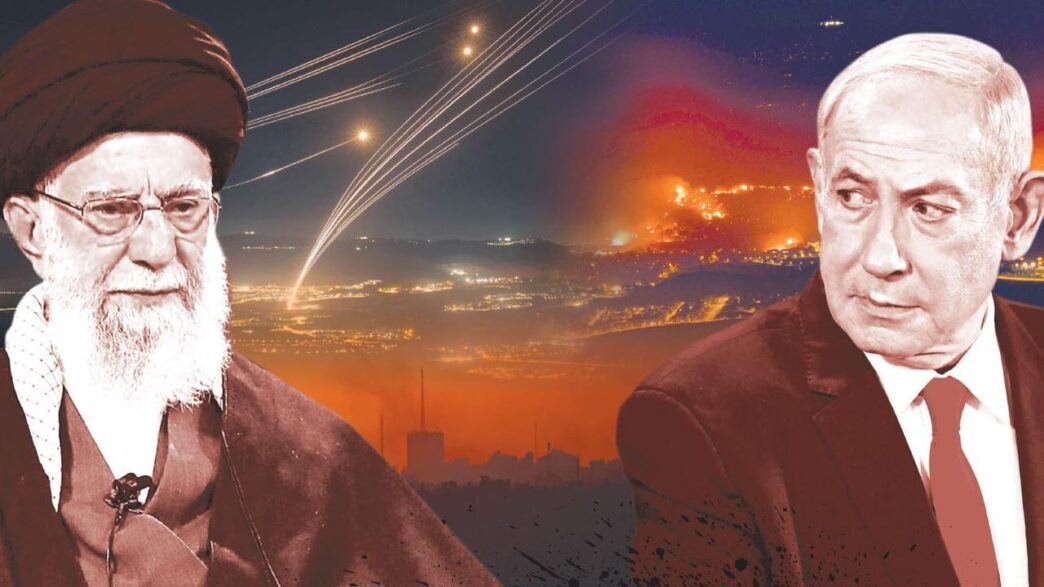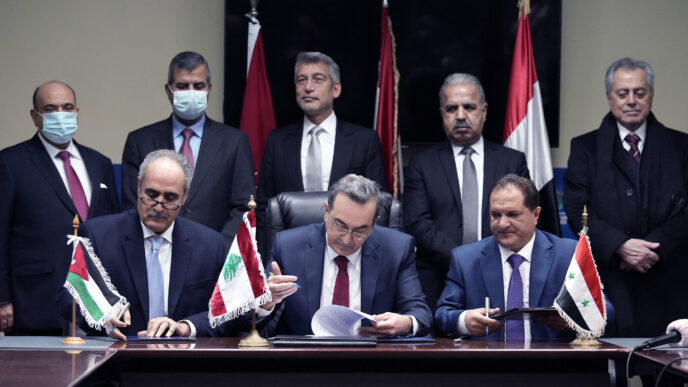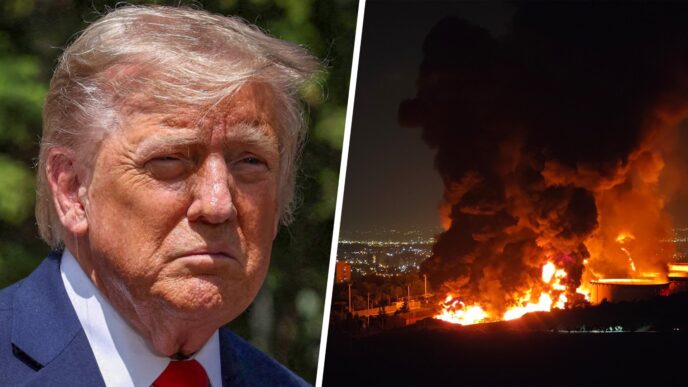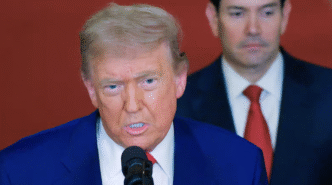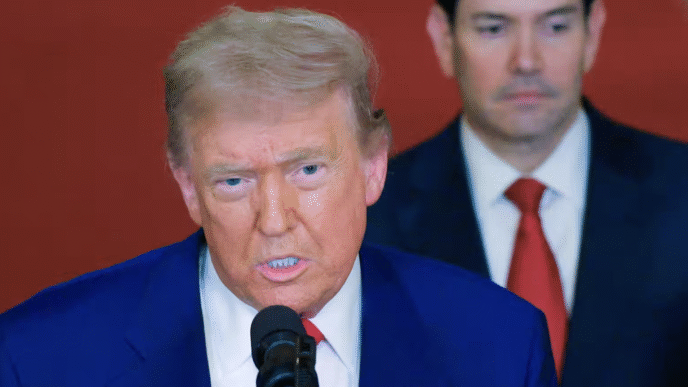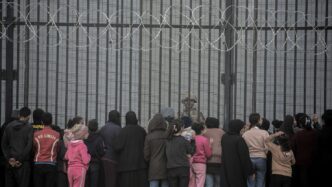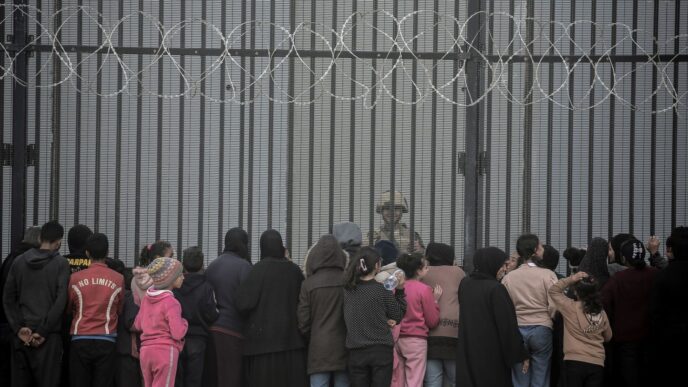Recent developments indicate a slight easing of tensions between Iran and Israel after a prolonged period of hostility marked by covert operations, cyberattacks, and proxy conflicts across the Middle East. This relative calm raises the question: Is Iran ready to come to the negotiating table?
Current Situation
- Both sides have shown signs of restraint, possibly influenced by shifting regional dynamics and international pressure.
- Iran faces growing economic challenges due to sanctions and internal unrest, which may incentivize diplomatic engagement.
- Israel, while maintaining a strong security posture, appears cautious about escalating conflicts that could drag the region into wider war.
Will Iran Negotiate?
Iran’s decision to negotiate hinges on several key factors:
- Economic Pressure:
Prolonged sanctions have deeply impacted Iran’s economy. Negotiations, especially around the nuclear deal (JCPOA), could offer relief and a path to economic normalization. - Political Calculations:
Hardliners within Iran’s leadership remain skeptical of the West, viewing negotiations as a potential threat to sovereignty. However, pragmatists may push for dialogue to stabilize the country and the region. - Regional Alliances:
Iran’s ties with regional actors such as Russia and China may influence its stance, providing leverage but also complicating direct talks with Israel or the West. - International Mediation:
Third-party countries and organizations can facilitate confidence-building measures and create conditions conducive to talks.
Challenges to Negotiation
- Deep mutual distrust persists, with both nations accusing each other of aggression and sabotage.
- Domestic political pressures on both sides make concessions difficult.
- Proxy conflicts in Syria, Lebanon, and Yemen continue to fuel tensions indirectly.
Conclusion
While the recent calming of tensions is a hopeful sign, Iran’s willingness to negotiate remains uncertain and contingent on multiple internal and external factors. Meaningful dialogue would require significant confidence-building and concessions from both Iran and Israel. For now, cautious optimism prevails, but the path to negotiation remains complex and fragile.



